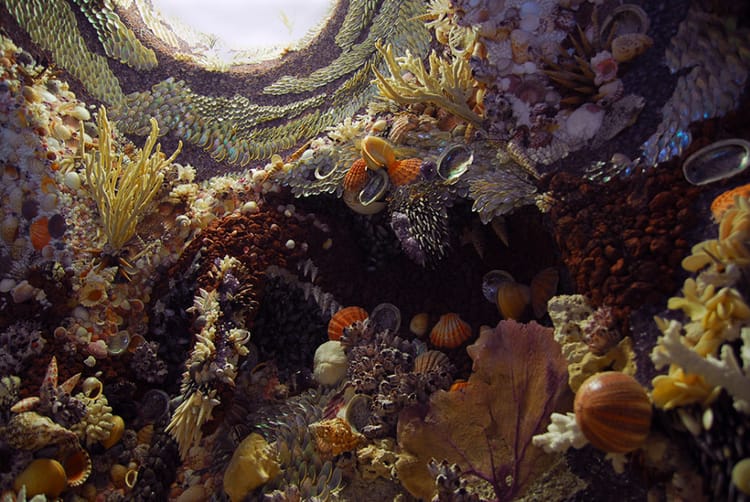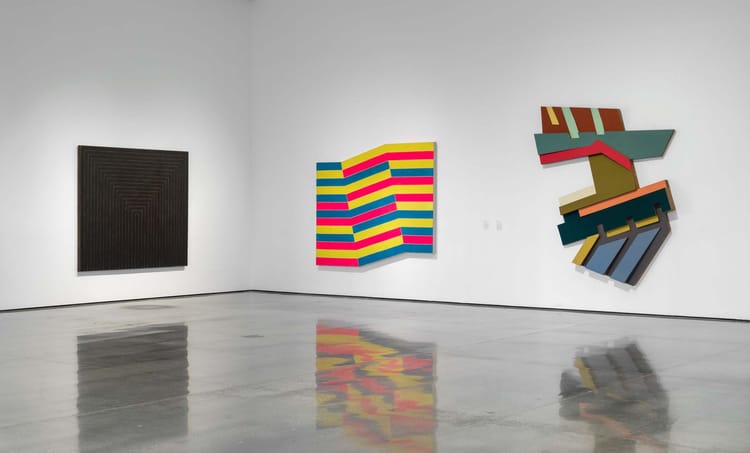internet explorers club | all hail the mermaid economy

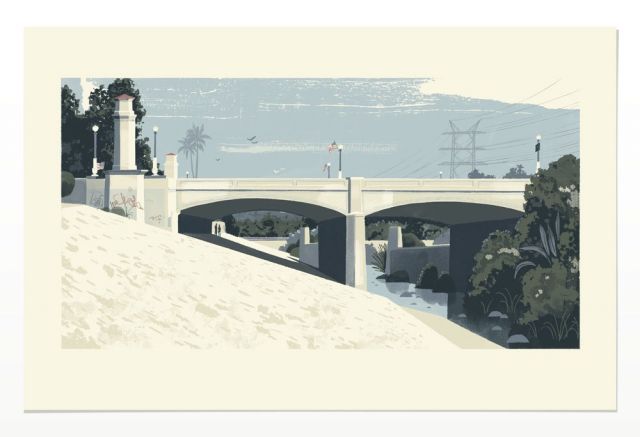
I am obsessed with Chris Turnham’s art of Los Angeles
A few Long Reads for this afternoon, and have as a soundtrack this lovely song by Lucy Knisley and Mark Thisse about Valentina Tereshkova.
This article about Jack Parsons, a rocket scientist who was also a major occult leader in Los Angeles and hung out with L. Ron Hubbard is completely fascinating. I’d read about Parsons in Going Clear (have you all read that yet?) but it only touched on the occult side, but the rocket-making side is just as fascinating.
The literary world has been rocked by the revelation that a white poet has been using a Chinese pseudonym to submit work—Jenny Zhang wrote the only response you should read, and it’s also an incredible insight into the life of a writer / poet of color.
Finally, in a follow-up to my discussion of the Cascadia subduction zone, Hakai Magazine wrote a much more in-depth look at Native stories about tsunamis and earthquakes, and I’m actually frustrated that more of this didn’t make it into the New Yorker because all evidence points to a long tradition that was ignored by scientists until just recently:
A team of anthropologists, geologists, and indigenous scholars…took 40 stories collected from native groups along the entire Cascadia Subduction Zone. They compared the narratives to what was known of the 1700 earthquake and tsunami, and found in effect, that the whole coast had been telling stories about it.
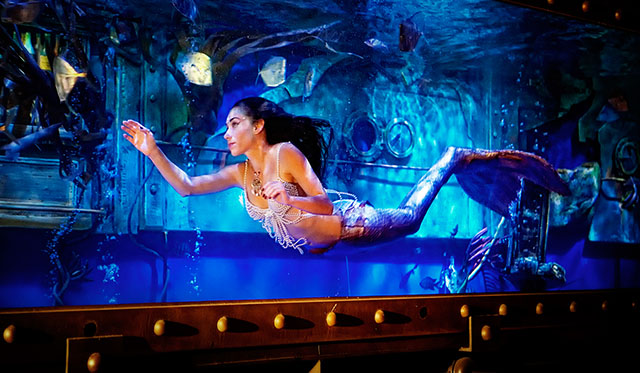
In other news: This piece called “Inside The Mermaid Economy,” and I didn’t even know there WAS a mermaid economy but there are apparently 1000 women that are professional mermaids. A really interesting look, and there’s also a crazy war going on in the comments about mermaid tail vendors (!).
These guys created a working version of the Weasley’s magical clock and I want one desperately.
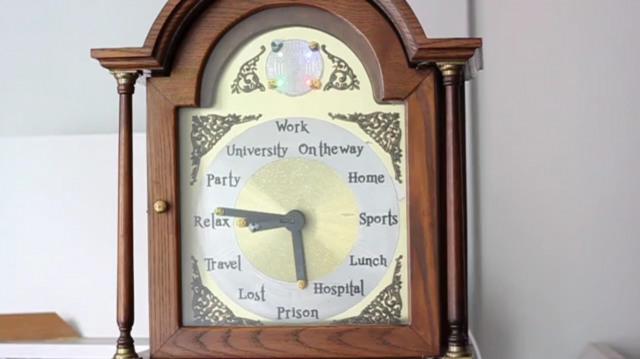
Etcetera: A look into Wikipedia’s lamest edit wars (my favorite is List of Fictional Ducks). Google is now a functioning Pokédex (basically). Facebook is probably not coming out with a “dislike” button, per se, but more of an empathy button.

